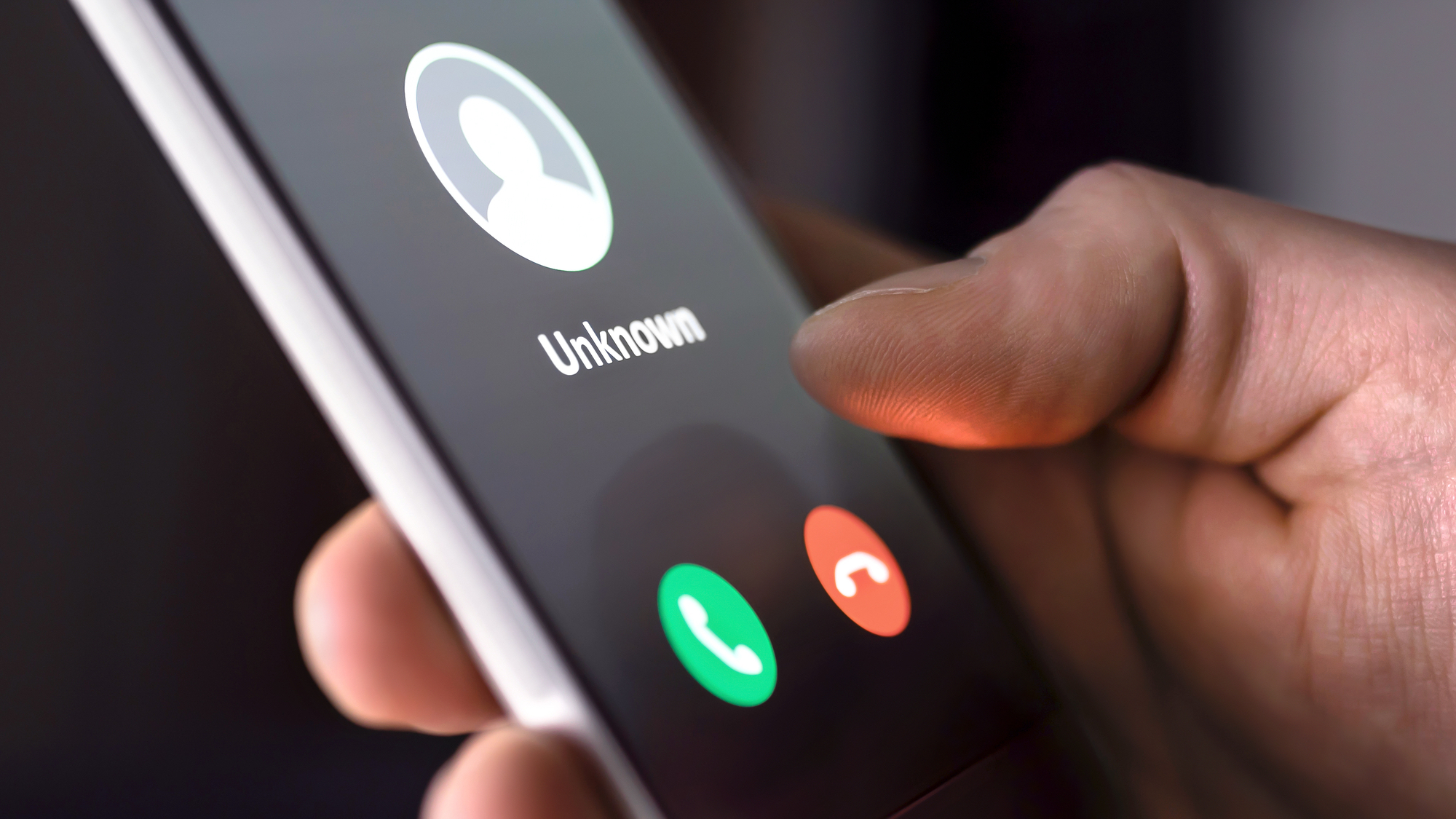

On Tuesday, the FCC proposed that Roy Cox, Jr. and Aaron Michael Jones be fined almost $300 million. The action in question? Their incessant spamming. The two men have orchestrated a massive robocalling empire with origins as far back as 2018—although “massive” might be an understatement.
For a sense of scale, the campaign made over 5 billion robocalls within a single three-month period in 2021, or enough “to have called each person in the United States 15 times” over, per the commission’s estimates. It’s the largest action in FCC history, and the agency justified the decision because the robocallers met the criteria for “egregious violations” deserving of a “substantially escalated proposed fine.”
[Related: Why it’s still so tricky to track spam calls and texts.]
Over the past six months, you hopefully noticed a dramatic decline in the number of scam auto warranty robocalls blowing up your phone on a daily basis. If so, some thanks is owed to the Federal Communications Commission, who back in July introduced a number of measures aimed at tackling a recent tidal wave of sham notices pressuring people to falsely extend or renew their vehicles’ warranties.
As it turns out, the FCC states essentially just two men orchestrated the entire scam operation: Cox, Jr. and Jones. Their Sumco Panama company and its numerous affiliated domestic and foreign entities attempted to dupe people via a “complex robocall sales lead generation scheme” into purchasing vehicle service contracts disingenuously marketed as car warranties. The FCC summarily ended Jones’ and Cox, Jr.’s operations in July, resulting in one robocall blocking app, Robokiller, estimating a decline in similar calls by as much as 99 percent.
[Related: The FCC wants to stop this form of identity theft.]
According to the FCC, one particularly shady tactic involved calling health care workers during the pandemic with spoofed hospital phone numbers. Some of those employees, confused by the situation, often then understandably called the actual medical facilities to complain or ask questions, thus “tying up the phone lines of vital public safety institutions,” per the agency’s announcement.
Although it’s important to note that this fine is currently only a proposed sum and not a concrete, final number, there’s some consolation in the knowledge that Cox and Jones will likely be too tied up in court proceedings for the conceivable future to ask anyone how their car is running. In the meantime, it’s as good a time as any to remember to avoid answering unknown numbers, especially if they look particularly sketchy, and never give out any personal information if you do end up picking up the phone.
